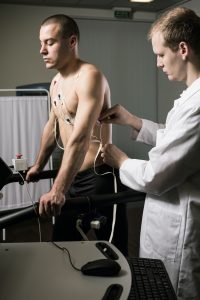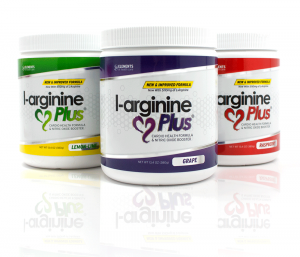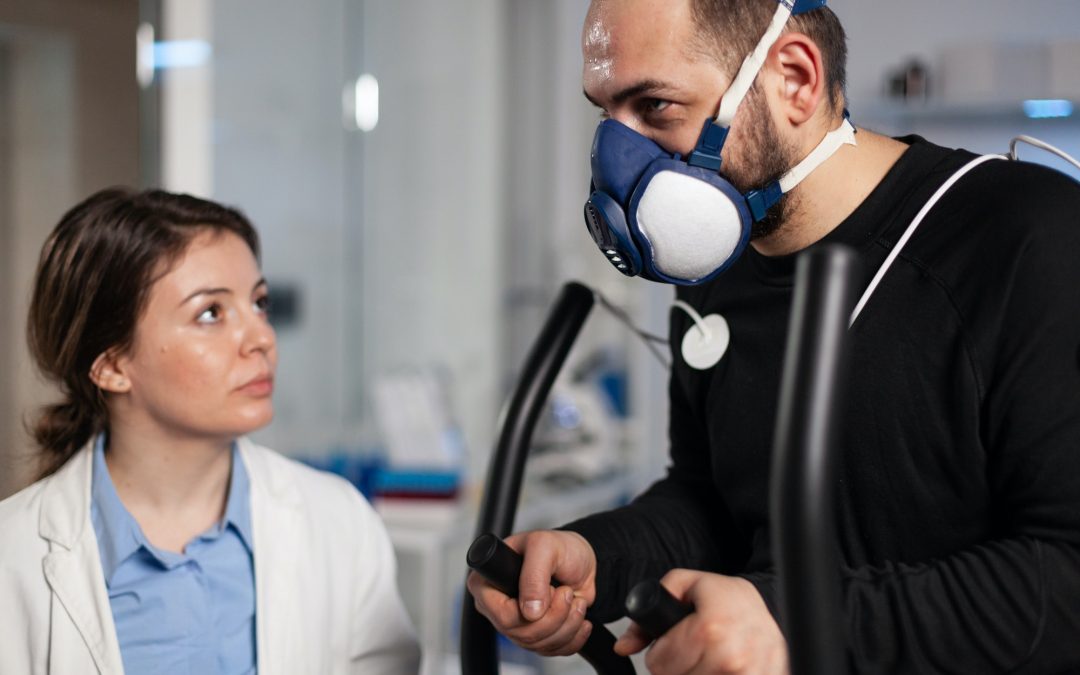If you’re having heart problems, your doctor may order a stress test to detect any problems. Find out how to prepare for a stress test.
An exercise stress test (simply known as a stress test) evaluates your heart health during physical exertion. Technicians will measure your heart rhythm, blood pressure, and breathing as you use a treadmill or stationary bike.
Typically, if you’re showing signs of an abnormal heart rhythm or coronary artery disease, your doctor will recommend a stress test. This type of exam is useful in guiding treatment decisions, determining the efficacy of your treatment, and diagnosing your existing heart condition.
Purpose of a Stress Test
 Coronary arteries supply your heart with blood, nutrients, and oxygen, and if they become damaged, you can experience coronary artery disease (CAD). A stress test can help diagnose CAD as well as other issues like heart rhythm problems (arrhythmias).
Coronary arteries supply your heart with blood, nutrients, and oxygen, and if they become damaged, you can experience coronary artery disease (CAD). A stress test can help diagnose CAD as well as other issues like heart rhythm problems (arrhythmias).
Furthermore, by letting your doctor know how your heart health is doing, these tests can help guide the treatment of any heart disorders you may have. They are also useful for determining if you can safely undergo surgical procedures like a heart transplant. If further inspection is necessary, your doctor may recommend imaging stress tests.
Risks of a Stress Test
While these exams are generally safe, there are some possible complications that you should be aware of, low blood pressure, arrhythmias, and heart attacks. Since your blood pressure may drop during or after the test, you may feel dizzy or faint.
If you experience abnormal heart rhythms (arrhythmias) during the exam, they should go away soon after you finish exercising. Lastly, in very rare cases, your stress test may trigger a myocardial infarction (heart attack).
Preparing for a Stress Test
Talk to your doctor about your current medications, herbs, and vitamins, and confirm whether it’s okay to keep taking them before the exam. For example, unless your doctor says otherwise, you shouldn’t take any beta-blocker or calcium channel blocker the day before or the day of your test.
If you’re taking a nuclear stress test, you should also avoid all caffeinated products the day before and the day of your exam. You should also avoid eating solid foods for four hours before your test and drink plenty of clear, non-caffeinated liquids.
The Outlook
 Preparing for a stress test is simple – just follow the specific directions given by your doctor and make sure you wear loose-fitting clothing and walking shoes. After your doctor receives your results, they will review them with you and prescribe the appropriate treatment.
Preparing for a stress test is simple – just follow the specific directions given by your doctor and make sure you wear loose-fitting clothing and walking shoes. After your doctor receives your results, they will review them with you and prescribe the appropriate treatment.
In the meantime, some things you can do to boost your heart health include exercising regularly, eating healthily, and taking L-arginine Plus. As a heart supplement, it effectively promotes circulation, blood pressure, cholesterol, and more. Give your health the support it deserves by getting a stress test if necessary, practicing healthy habits, and taking L-arginine Plus.

